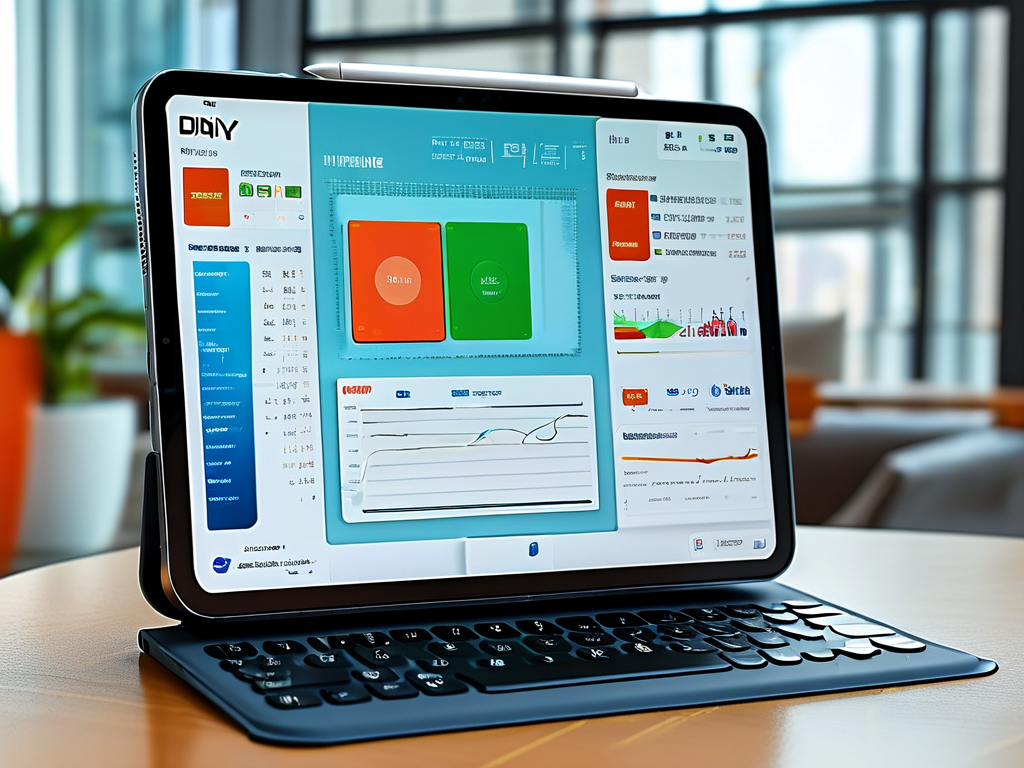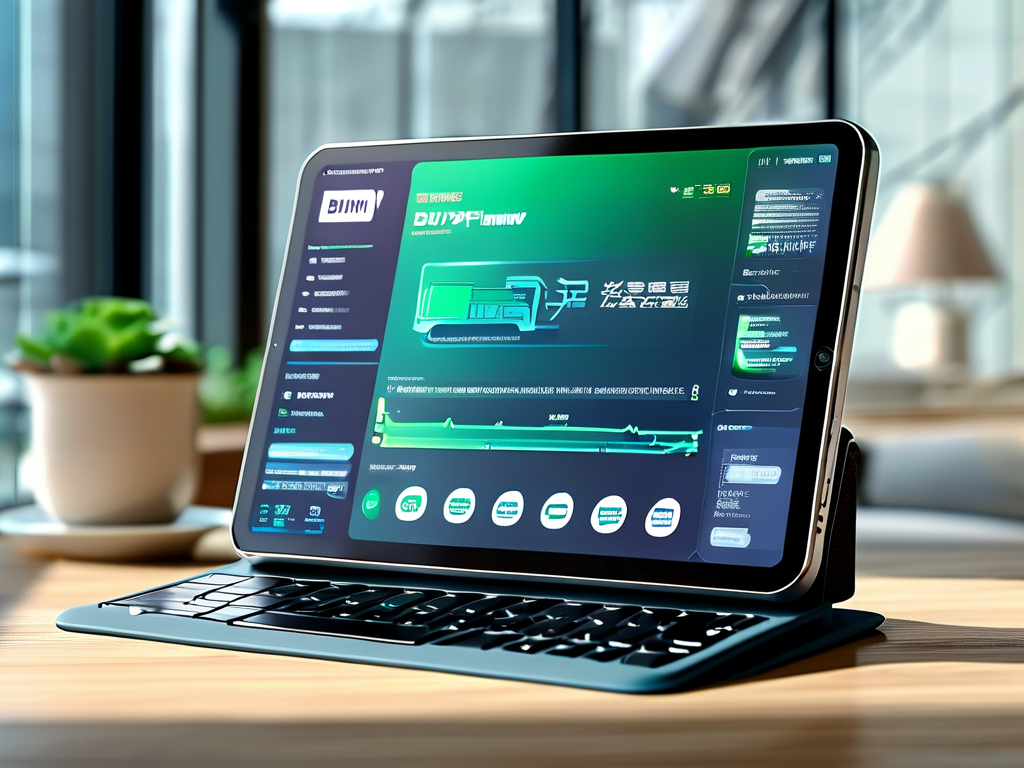In the rapidly evolving landscape of smart devices, efficient memory management has become a cornerstone of user experience. The BYD Tablet Memory Manager, a proprietary tool embedded in BYD’s tablet lineup, addresses this need by offering a seamless blend of performance optimization and storage management. This article explores how this system works, its unique features, and why it stands out in a competitive market.
Understanding the BYD Tablet Memory Manager
The BYD Tablet Memory Manager is a background utility designed to monitor, allocate, and optimize RAM and storage resources in real time. Unlike generic Android memory management systems, it employs adaptive algorithms tailored to BYD’s hardware architecture. For instance, when multitasking between resource-heavy apps like video editors and gaming platforms, the manager dynamically prioritizes active processes while compressing idle tasks into virtual memory. This reduces lag and prevents abrupt app closures—a common pain point for tablet users.
A standout feature is its "Smart Cache Cleaner", which identifies redundant cached files from apps and system processes. Instead of wiping all cached data indiscriminately—a practice that can slow down frequently used apps—the tool uses machine learning to predict user behavior. For example, if a user streams videos every evening, the manager retains related cache files during those hours but clears unused data from seldom-opened applications.

Technical Architecture and User Benefits
Under the hood, the BYD Memory Manager operates on a hybrid model combining static rules and dynamic adjustments. Developers have shared snippets of its core logic (see code block below), revealing how it balances efficiency and flexibility:
def allocate_memory(active_apps, system_load):
base_allocation = 0.4 * system_load # Reserve 40% for system processes
remaining = 1 - base_allocation
prioritized_apps = sorted(active_apps, key=lambda x: x['priority'], reverse=True)
for app in prioritized_apps[:3]: # Allocate to top 3 priority apps
app['alloc'] = remaining * 0.6
remaining -= app['alloc']
return redistribute(remaining, prioritized_apps[3:])
This approach ensures critical tasks receive resources first while distributing leftovers proportionally. Users report up to 25% faster app launches and 15% longer battery life compared to tablets relying on stock Android memory systems.
Comparative Advantages Over Competitors
While brands like Samsung and Huawei offer similar tools, BYD’s solution differentiates itself through granular control. The "Developer Mode", accessible via a hidden settings menu, allows advanced users to manually adjust allocation weights for specific apps. For instance, graphic designers can allocate more RAM to Adobe Fresco while limiting background social media apps.
Moreover, the manager integrates with BYD’s EcoPower 2.0 battery optimization suite. By correlating memory usage patterns with power consumption metrics, it identifies energy-hungry processes—like poorly coded third-party apps—and either restricts their activity or alerts users.
User Feedback and Future Updates
Early adopters praise the system’s transparency. Unlike opaque memory managers that operate invisibly, BYD’s tool provides a real-time dashboard showing RAM distribution, cached data, and potential bottlenecks. One user noted, "It’s like having a task manager for my tablet—I finally understand why certain apps slow down during peak usage."
Looking ahead, BYD has teased AI-driven features in beta versions, including predictive memory pre-allocation based on circadian usage patterns. Leaked documents suggest future updates may also introduce cross-device synchronization, allowing tablets to offload memory-intensive tasks to paired smartphones or laptops.

The BYD Tablet Memory Manager exemplifies how targeted software optimization can elevate hardware capabilities. By blending adaptive algorithms, user-centric design, and transparency, it addresses both casual and power users’ needs. As tablets increasingly replace laptops for mobile productivity, such innovations position BYD as a serious contender in the battle for digital ecosystem supremacy.









